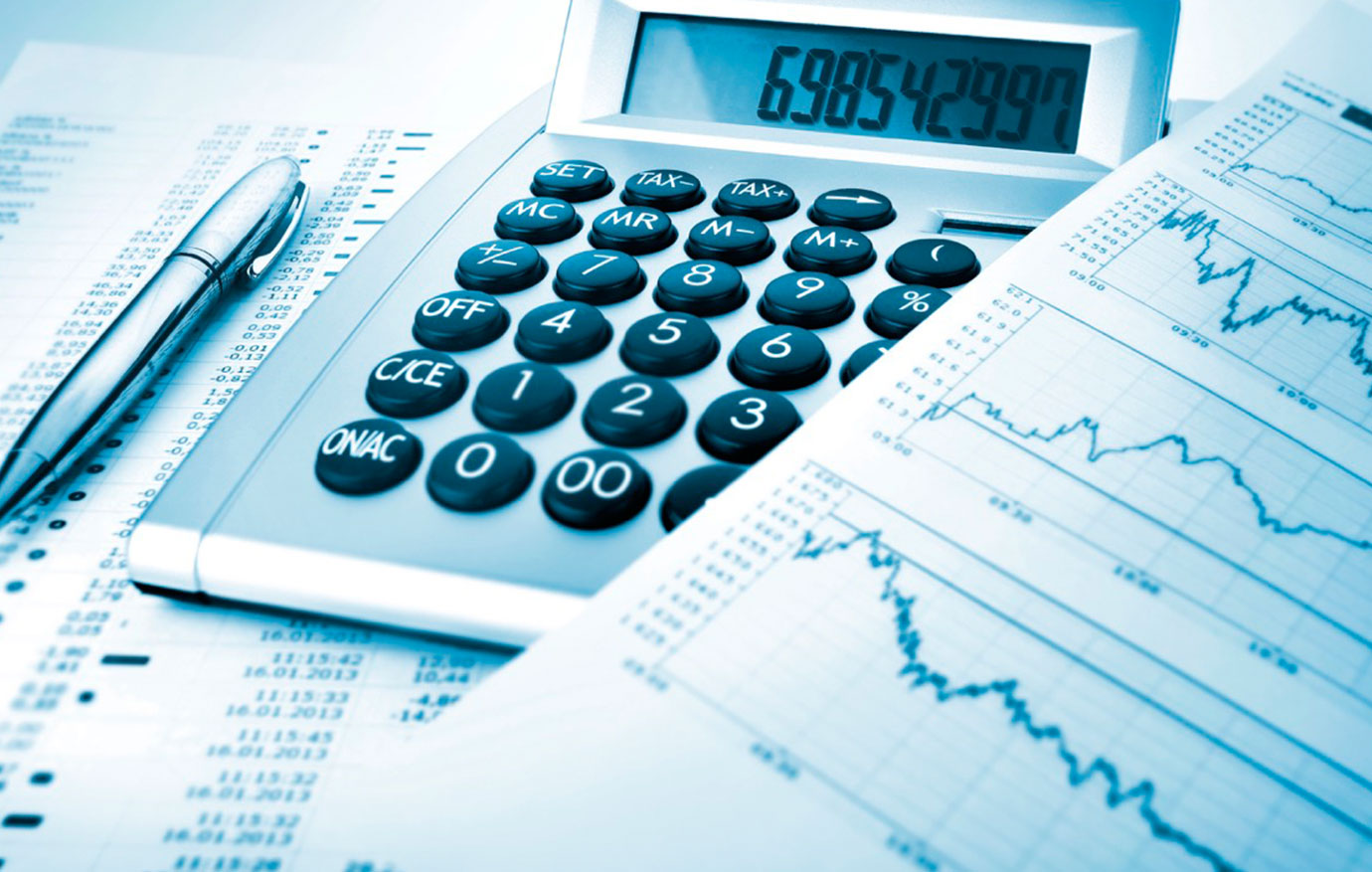
The Individual in Society
The words freedom and liberty signified for the most eminent representatives of mankind one of the most precious and desirable goods. Today it is fashionable to sneer at them. They are, trumpets the modern sage, “slippery” notions and “bourgeois” prejudices.
Freedom and liberty are not to be found in nature. In nature there is no phenomenon to which these terms could be meaningfully applied. Whatever man does, he can never free himself from the restraints which nature imposes upon him. If he wants to succeed in acting, he must submit unconditionally to the laws of nature.
Freedom and liberty always refer to interhuman relations. A man is free as far as he can live and get on without being at the mercy of arbitrary decisions on the part of other people. In the frame of society everybody depends upon his fellow citizens. Social man cannot become independent without forsaking all the advantages of social cooperation.
The fundamental social phenomenon is the division of labor and its counterpart — human cooperation.
Experience teaches man that cooperative action is more efficient and productive than isolated action of self-sufficient individuals. The natural conditions determining man’s life and effort are such that the division of labor increases output per unit of labor expended. These natural facts are:
the innate inequality of men with regard to their ability to perform various kinds of labor, andthe unequal distribution of the nature-given, nonhuman opportunities of production on the surface of the earth. One may as well consider these two facts as one and the same fact, namely, the manifoldness of nature which makes the universe a complex of infinite varieties.
Innate Inequality
The division of labor is the outcome of man’s conscious reaction to the multiplicity of natural conditions. On the other hand, it is itself a factor bringing about differentiation. It assigns to the various geographic areas specific functions in the complex of the processes of production. It makes some areas urban, others rural; it locates the various branches of manufacturing, mining, and agriculture in different places. Still more important, however, is the fact that it intensifies the innate inequality of men. Exercise and practice of specific tasks adjust individuals better to the requirements of their performance; men develop some of their inborn faculties and stunt the development of others. Vocational types emerge, people become specialists.
The division of labor splits the various processes of production into minute tasks, many of which can be performed by mechanical devices. It is this fact that made the use of machinery possible and brought about the amazing improvements in technical methods of production. Mechanization is the fruit of the division of labor, its most beneficial achievement, not its motive and fountain spring. Power-driven specialized machinery could be employed only in a social environment under the division of labor. Every step forward on the road toward the use of more specialized, more refined, and more productive machines requires a further specialization of tasks.
Within Society
Seen from the point of view of the individual, society is the great means for the attainment of all his ends. The preservation of society is an essential condition of any plans an individual may want to realize by any action whatever. Even the refractory delinquent who fails to adjust his conduct to the requirements of life within the societal system of cooperation does not want to miss any of the advantages derived from the division of labor. He does not consciously aim at the destruction of society. He wants to lay his hands on a greater portion of the jointly produced wealth than the social order assigns to him. He would feel miserable if antisocial behavior were to become universal and its inevitable outcome, the return to primitive indigence, resulted.
Liberty and freedom are the conditions of man within a contractual society. Social cooperation under a system of private ownership of the means of production means that within the range of the market the individual is not bound to obey and to serve an overlord. As far as he gives and serves other people, he does so of his own accord in order to be rewarded and served by the receivers. He exchanges goods and services, he does not do compulsory labor and does not pay tribute. He is certainly not independent. He depends on the other members of society. But this dependence is mutual. The buyer depends on the seller and the seller on the buyer.
Self-Interest
The main concern of many writers of the 19th and 20th centuries was to misrepresent and to distort this obvious state of affairs. The workers, they said, are at the mercy of their employers. Now, it is true that the employer has the right to fire the employee. But if he makes use of this right in order to indulge in his whims, he hurts his own interests. It is to his own disadvantage if he discharges a better man in order to hire a less efficient one. The market does not directly prevent anybody from arbitrarily inflicting harm on his fellow citizens; it only puts a penalty upon such conduct. The shopkeeper is free to be rude to his customers provided he is ready to bear the consequences. The consumers are free to boycott a purveyor provided they are ready to pay the costs.
What impels every man to the utmost exertion in the service of his fellow men and curbs innate tendencies toward arbitrariness and malice is, in the market, not compulsion and coercion on the part of gendarmes, hangmen, and penal courts; it is self-interest. The member of a contractual society is free because he serves others only in serving himself. What restrains him is only the inevitable natural phenomenon of scarcity. For the rest he is free in the range of the market.
In the market economy the individual is free to act within the orbit of private property and the market. His choices are final. For his fellow men his actions are data which they must take into account in their own acting. The coordination of the autonomous actions of all individuals is accomplished by the operation of the market. Society does not tell a man what to do and what not to do. There is no need to enforce cooperation by special orders or prohibitions. Non-cooperation penalizes itself. Adjustment to the requirements of society’s productive effort and the pursuit of the individual’s own concerns are not in conflict. Consequently no agency is required to settle such conflicts. The system can work and accomplish its tasks without the interference of an authority issuing special orders and prohibitions and punishing those who do not comply.
Compulsion and Coercion
Beyond the sphere of private property and the market lies the sphere of compulsion and coercion; here are the dams which organized society has built for the protection of private property and the market against violence, malice, and fraud. This is the realm of constraint as distinguished from the realm of freedom. Here are rules discriminating between what is legal and what is illegal, what is permitted and what is prohibited. And here is a grim machine of arms, prisons, and gallows and the men operating it, ready to crush those who dare to disobey.
It is important to remember that government interference always means either violent action or the threat of such action. Government is in the last resort the employment of armed men, of policemen, gendarmes, soldiers, prison guards, and hangmen. The essential feature of government is the enforcement of its decrees by beating, killing, and imprisoning. Those who are asking for more government interference are asking ultimately for more compulsion and less freedom.
Liberty and freedom are terms employed for the description of the social conditions of the individual members of a market society in which the power of the indispensable hegemonic bond, the state, is curbed lest the operation of the market be endangered. In a totalitarian system there is nothing to which the attribute “free” could be attached but the unlimited arbitrariness of the dictator.
There would be no need to dwell upon this obvious fact if the champions of the abolition of liberty had not purposely brought about a semantic confusion. They realized that it was hopeless for them to fight openly and sincerely for restraint and servitude. The notions liberty and freedom had such prestige that no propaganda could shake their popularity. Since time immemorial in the realm of Western civilization, liberty has been considered as the most precious good. What gave to the West its eminence was precisely its concern about liberty, a social ideal foreign to the oriental peoples. The social philosophy of the Occident is essentially a philosophy of freedom. The main content of the history of Europe and the communities founded by European emigrants and their descendants in other parts of the world was the struggle for liberty. “Rugged” individualism is the signature of our civilization. No open attack upon the freedom of the individual had any prospect of success.
New Definitions
Thus the advocates of totalitarianism chose other tactics. They reversed the meaning of words. They call true or genuine liberty the condition of the individuals under a system in which they have no right other than to obey orders. They call themselves true liberals because they strive after such a social order. They call democracy the Russian methods of dictatorial government. They call the labor union methods of violence and coercion “industrial democracy.” They call freedom of the press a state of affairs in which only the government is free to publish books and newspapers. They define liberty as the opportunity to do the “right” things, and, of course, they arrogate to themselves the determination of what is right and what is not. In their eyes government omnipotence means full liberty. To free the police power from all restraints is the true meaning of their struggle for freedom.
The market economy, say these self-styled liberals, grants liberty only to a parasitic class of exploiters, the bourgeoisie; that these scoundrels enjoy the freedom to enslave the masses; that the wage earner is not free; that he must toil for the sole benefit of his masters, the employers; that the capitalists appropriate to themselves what according to the inalienable rights of man should belong to the worker; that under socialism the worker will enjoy freedom and human dignity because he will no longer have to slave for a capitalist; that socialism means the emancipation of the common man, means freedom for all; that it means, moreover, riches for all.
These doctrines have been able to triumph because they did not encounter effective rational criticism. It is useless to stand upon an alleged “natural” right of individuals to own property if other people assert that the foremost “natural” right is that of income equality. Such disputes can never be settled. It is beside the point to criticize nonessential, attendant features of the socialist program. One does not refute socialism by attacking the socialist stand on religion, marriage, birth control, and art.
A New Subterfuge
In spite of these serious shortcomings of the defenders of economic freedom it was impossible to fool all the people all the time about the essential features of socialism. The most fanatical planners were forced to admit that their projects involve the abolition of many freedoms people enjoy under capitalism and “plutodemocracy.” Pressed hard, they resorted to a new subterfuge. The freedom to be abolished, they emphasize, is merely the spurious “economic” freedom of the capitalists that harms the common man; that outside the “economic sphere” freedom will not only be fully preserved, but considerably expanded. “Planning for Freedom” has lately become, the most popular slogan of the champions of totalitarian government and the Russification of all nations.
The fallacy of this argument stems from the spurious distinction between two realms of human life and action, the “economic” sphere and the “non-economic” sphere. Strictly speaking, people do not long for tangible goods as such, but for the services which these goods are fitted to render them. They want to attain the increment in well-being which these services are able to convey. It is a fact that people, in dealing on the market, are motivated not only by the desire to get food, shelter, and sexual enjoyment, but also by manifold “ideal” urges. Acting man is always concerned both with “material” and “ideal” things. He chooses between various alternatives, no matter whether they are to be classified as material or ideal. In the actual scales of value, material and ideal things are jumbled together.
Freedom, as people enjoyed it in the democratic countries of Western civilization in the years of the old liberalism’s triumph, was not a product of constitutions, bills of rights, laws, and statutes. Those documents aimed only at safeguarding liberty and freedom, firmly established by the operation of the market economy, against encroachments on the part of officeholders. No government and no civil law can guarantee and bring about freedom otherwise than by supporting and defending the fundamental institutions of the market economy. Government means always coercion and compulsion and is by necessity the opposite of liberty. Government is a guarantor of liberty and is compatible with liberty only if its range is adequately restricted to the preservation of economic freedom. Where there is no market economy, the best-intentioned provisions of constitutions and laws remain a dead letter.
Competition
The freedom of man under capitalism is an effect of competition. The worker does not depend on the good graces of an employer. If his employer discharges him, he finds another employer. The consumer is not at the mercy of the shopkeeper. He is free to patronize another shop if he likes. Nobody must kiss other people’s hands or fear their disfavor. Interpersonal relations are businesslike. The exchange of goods and services is mutual; it is not a favor to sell or to buy, it is a transaction dictated by selfishness on either side.
It is true that in his capacity as a producer every man depends either directly, as does the entrepreneur, or indirectly, as does the hired worker, on the demands of the consumers. However, this dependence upon the supremacy of the consumers is not unlimited. If a man has a weighty reason for defying the sovereignty of the consumers, he can try it. There is in the range of the market a very substantial and effective right to resist oppression. Nobody is forced to go into the liquor industry or into a gun factory if his conscience objects. He may have to pay a price for his conviction; there are in this world no ends the attainment of which is gratuitous. But it is left to a man’s own decision to choose between a material advantage and the call of what he believes to be his duty. In the market economy the individual alone is the supreme arbiter in matters of his satisfaction.
Consumers Choose
Capitalist society has no means of compelling a man to change his occupation or his place of work other than to reward those complying with the wants of the consumers by higher pay. It is precisely this kind of pressure that many people consider as unbearable and hope to see abolished under socialism. They are too dull to realize that the only alternative is to convey to the authorities full power to determine in what branch and at what place a man should work.
In his capacity as a consumer man is no less free. He alone decides what is more and what is less important for him. He chooses how to spend his money according to his own will.
The substitution of economic planning for the market economy removes all freedom and leaves to the individual merely the right to obey. The authority directing all economic matters controls all aspects of a man’s life and activities. It is the only employer. All labor becomes compulsory labor because the employee must accept what the chief deigns to offer him. The economic tsar determines what and how much the consumer may consume. There is no sector of human life in which a decision is left to the individual’s value judgments. The authority assigns a definite task to him, trains him for this job, and employs him at the place and in the manner it deems expedient.
The “Planned” Life Is Not Free
As soon as the economic freedom which the market economy grants to its members is removed, all political liberties and bills of rights become humbug. Habeas corpus and trial by jury are a sham if, under the pretext of economic expediency, the authority has full power to relegate every citizen it dislikes to the arctic or to a desert and to assign him “hard labor” for life. Freedom of the press is a mere blind if the authority controls all printing offices and paper plants. And so are all the other rights of men.
A man has freedom as far as he shapes his life according to his own plans. A man whose fate is determined by the plans of a superior authority, in which the exclusive power to plan is vested, is not free in the sense in which the term “free” was used and understood by all people until the semantic revolution of our day brought about a confusion of tongues.
This article is excerpted from Economic Freedom and Interventionism (1952).



